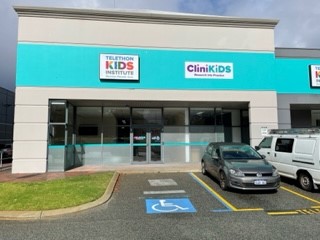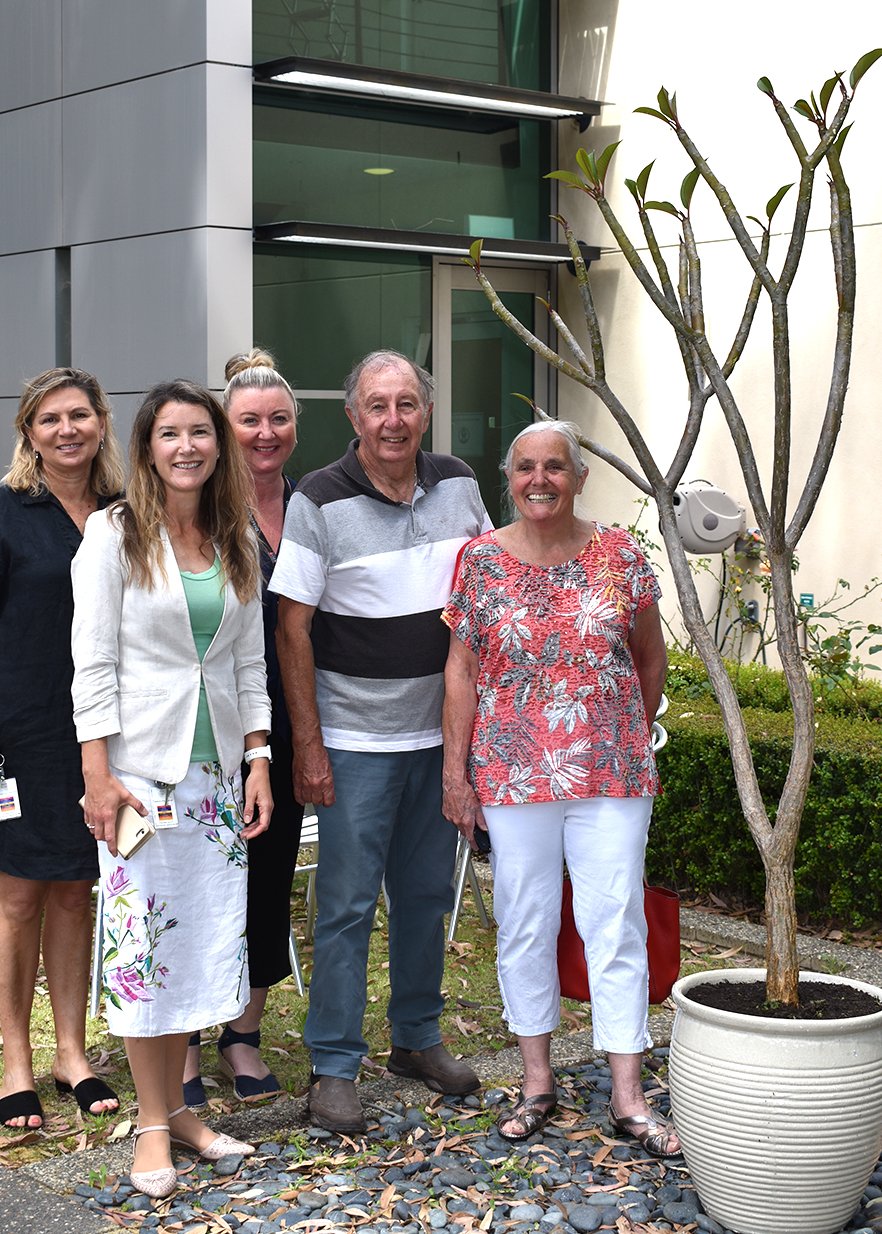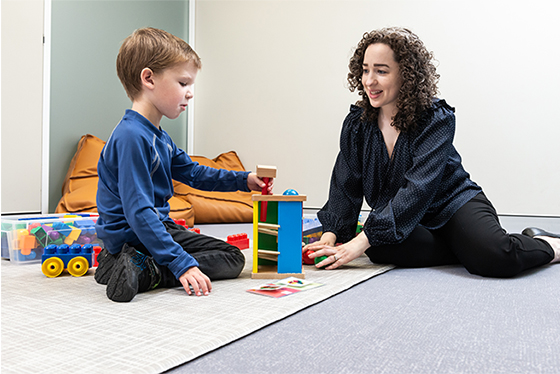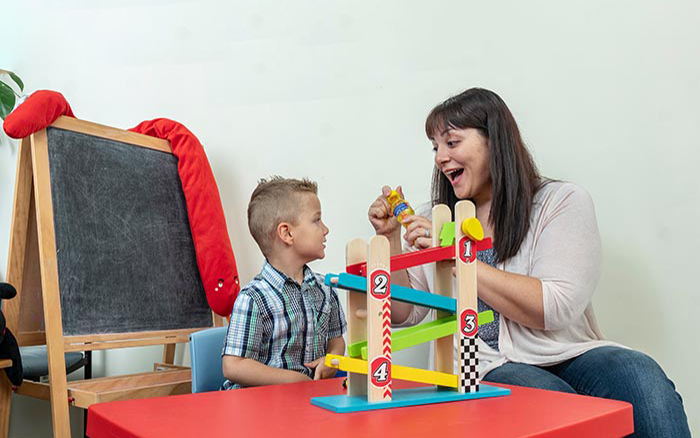Search

News & Events
Joondalup clinic open for Term 4We are excited to announce that our new Joondalup clinic will be open at the start of Term 4!

News & Events
Frangipani for KateThank you to Dave and Marieke Taylor of the Rotary Club of Scarborough who have donated a frangipani tree from their own garden to CliniKids to honour our late colleague, Kate Sorensen.
FAQ about CliniKids, The Kids' clinical service for children with autism and/or developmental delays, and their families.

At CliniKids we value all feedback, including compliments, suggestions and complaints.

Join us in helping autistic kids live their best lives.

News & Events
New research examines dissociation in adolescentsNew research has uncovered how adolescents experience high levels of dissociation symptoms.

News & Events
Aboriginal artwork a reminder to 'walk slowly'An artwork created by Noongar artist Valerie Ah Chee encapsulates the importance of entrenching cultural safety for young Aboriginal and Torres Strait Islander people into WA’s mental health system.

News & Events
WATCH: Working Together after the referendumProfessor Helen Milroy, Michael Mitchell, and Professors Roz Walker and Pat Dudgeon sat on the panel to discuss Working Together, 10 years on.

News & Events
Embrace 2024 Big Idea winner announcedAssociate Professor Yael Perry, lead investigator Dr Blake Cavve (both The Kids Research Institute Australia) and Dr Julie Moore (PCH's Gender Diversity Service and UWA)
